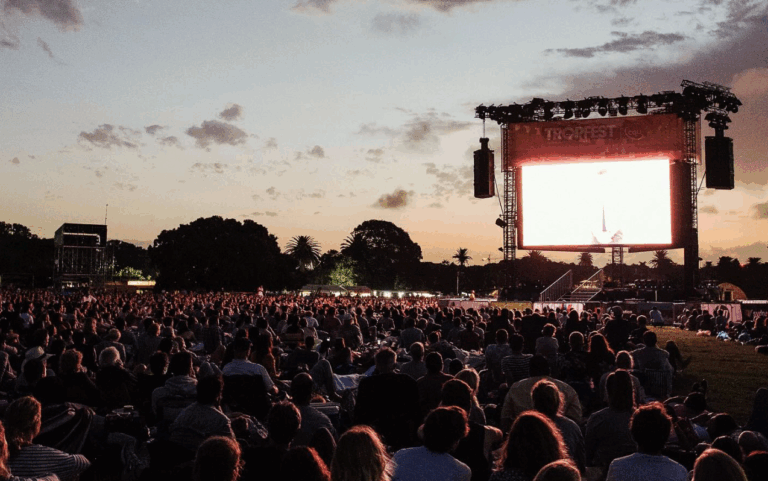
Shark Nets To Be Removed Across Sydney Beaches In New Trial
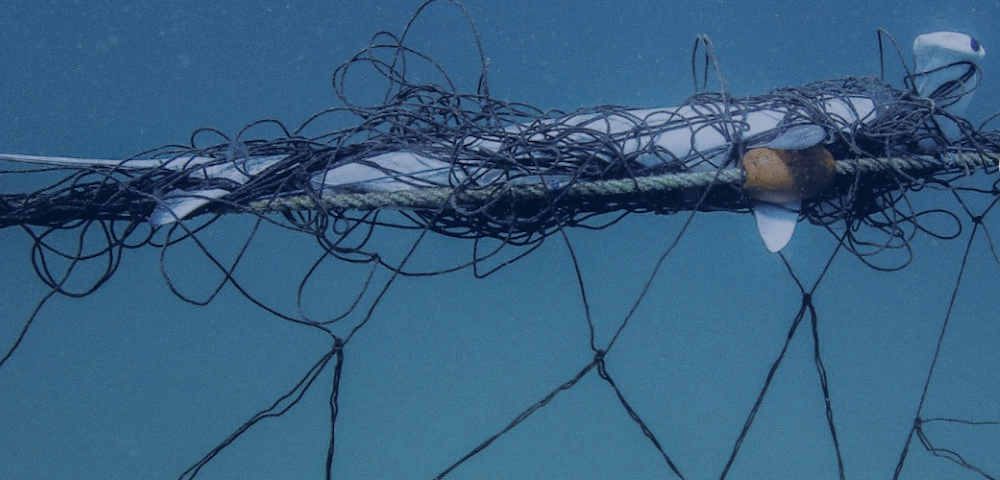
A trial removal of shark nets will proceed across three Sydney beaches this summer, after new statistics show that more than 200 sea creatures were killed by the nets across the 2024-2025 summer.
Creatures such as dolphins, turtles, and critically endangered grey nurse sharks were the most prominent victims.
The nets are installed by the NSW government across 52 beaches from Wollongong to Newcastle each year, with additional surveillance technology that is estimated at approximately $21.5 million.
NSW Minister for Agriculture, Tara Moriarty told the Sydney Morning Herald, “The government would work with Waverley, Northern Beaches and Central Coast councils over the coming weeks before implementing a trial.”
Enforced all year round until 1983, the shark nets were progressively removed between the months of May to allow for marine life to flourish while peak shark season rested. Since 1989, the nets were annually placed from September 1st to April 30th.
With no fatal attacks on Sydney’s netted beaches since 1937, the fatalities across all New South Wales coastlines each year are limited to two among all 900 beaches.
Within the trial, each local government area will have one beach that is not netted this summer, as a part of the government’s efforts to save marine life.
The nets will be installed from September 1st, then later removed from the three Sydney trail beaches.
“The NSW government’s priority is the safety of beachgoers, and at the same time is committed to protecting the state’s marine life,” said Moriarty.
Nets counter-productive, argues researcher
Freedom of information documents show that with more than 223 marine animals trapped within shark nets, two out of three animals were killed.
Four dolphins were killed, 13 turtles were trapped of which seven were killed, and 11 grey nurse sharks were caught of which four were killed.
Only 24 animals caught were the target species with four bull sharks, two tiger sharks and 18 great white sharks.
Stretched at 150 meters long, the nets have gaps above and below them so sharks can swim over, around and under them, but does it even work?
University of Sydney research found that marine life found within the nets could actually attract sharks, making the shark ‘solution’ a counter productive.
MP of the Animal Justice Party Emma Hurst MLC told CityHub, “We’d all like to see shark nets entirely removed now – but the NSW Government’s proposed trial of removing nets from three beaches this year is a small step forward, and will hopefully act as a stepping stone to NSW going completely net-free by 2026.”
“Research from the University of Wollongong has shown that nets are ineffective at protecting beachgoers whilst indiscriminately killing countless marine animals.”
Last year, the shark nets were removed a month earlier due to increased turtle activity in April, enforcing regular inspection increases during the month of March.
Drone surveillance was increased to locate turtle activity and a light trial was introduced to defer turtles away from the nets. The trial was conducted among 21 NSW beaches in February and March in 2024.
After the trial success, 51 shark nets will include turtle lights this year, but Humane World for Animals marine biologist, Lawrence Chlebeck, said “It was disappointing the nets are being installed on Monday because it would kill wildlife without making the beaches safer.”
“The longer we wait to transition all beaches to be net-free and embrace technologies that are actually effective, the more we put beachgoers at risk – as well as causing unnecessary death and suffering for dolphins, turtles and other animals,” says Hurst.
As the trial is expected to commence soon, further updates are pending.

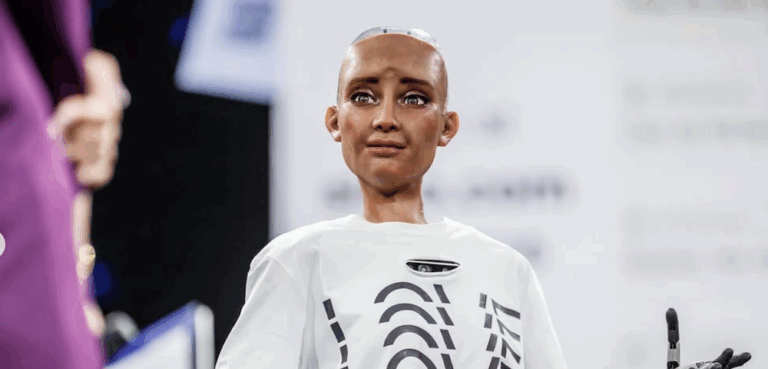

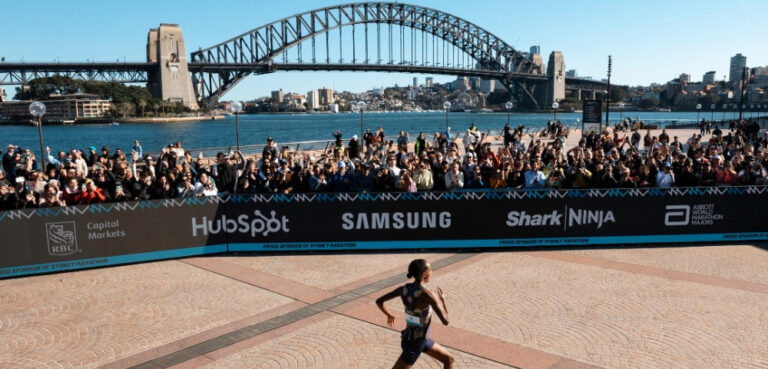
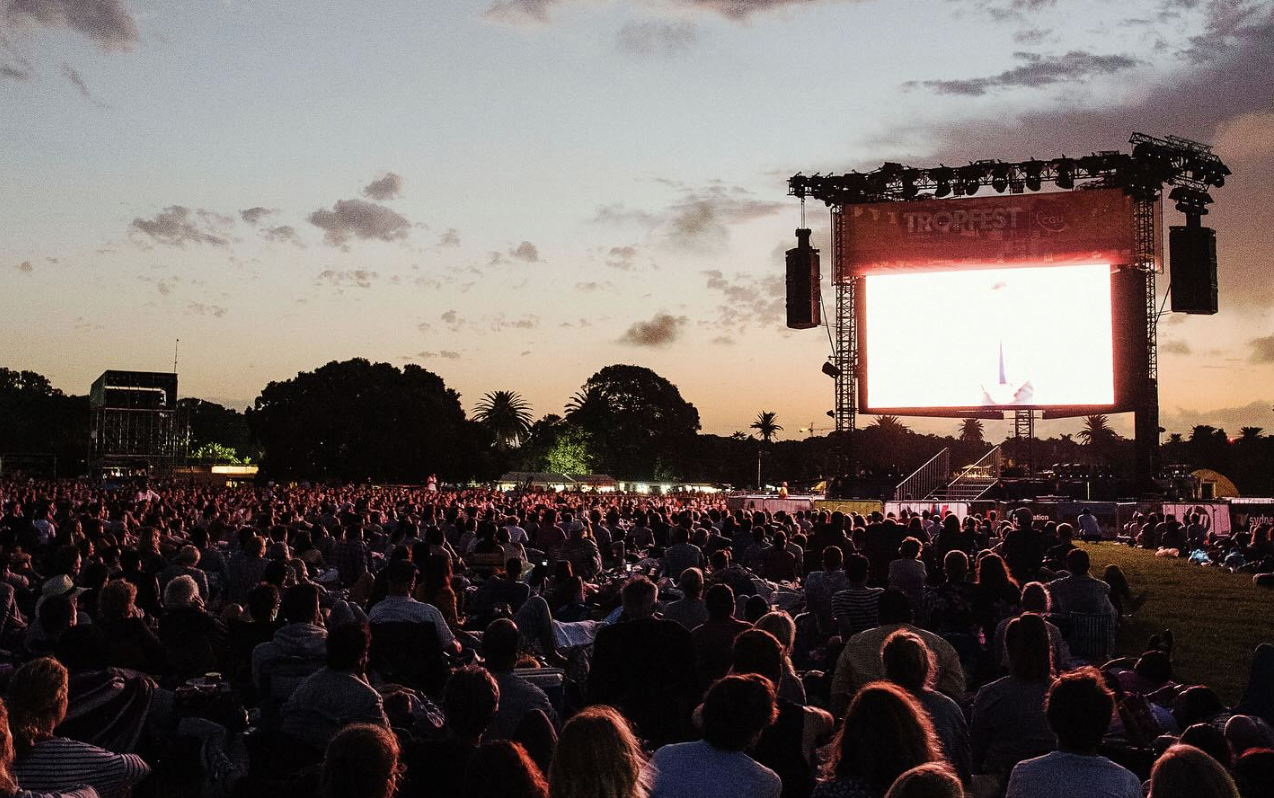
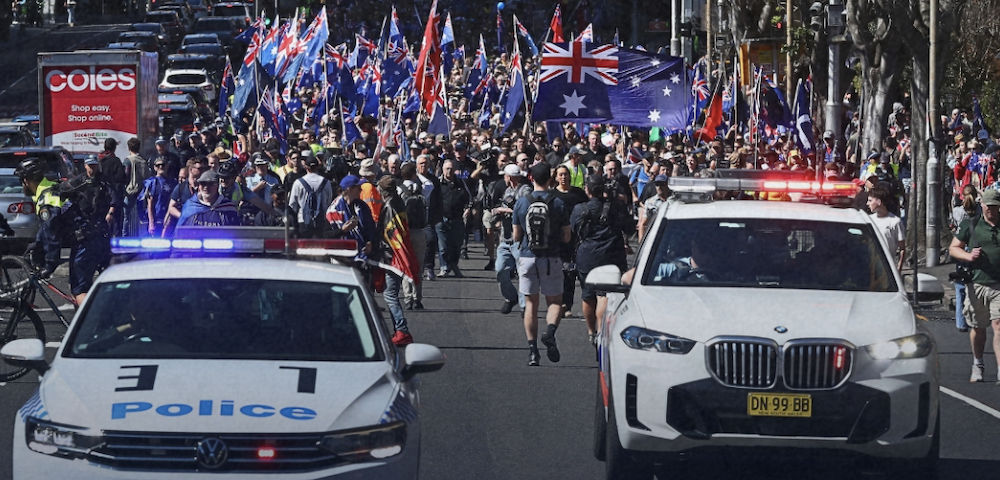
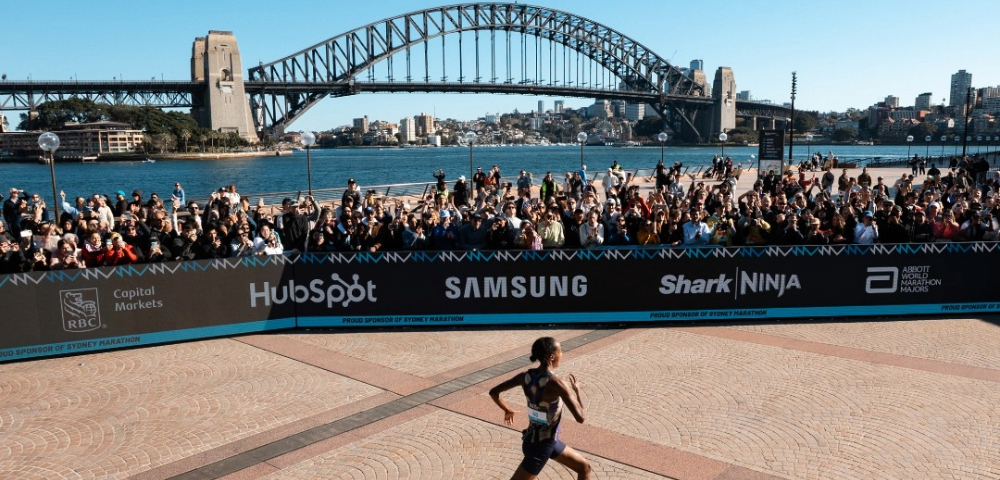
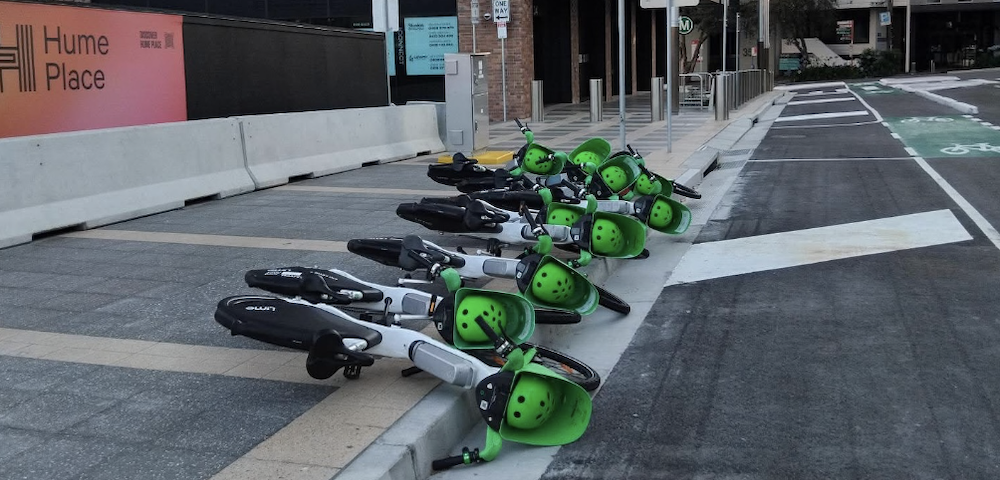


Leave a Reply